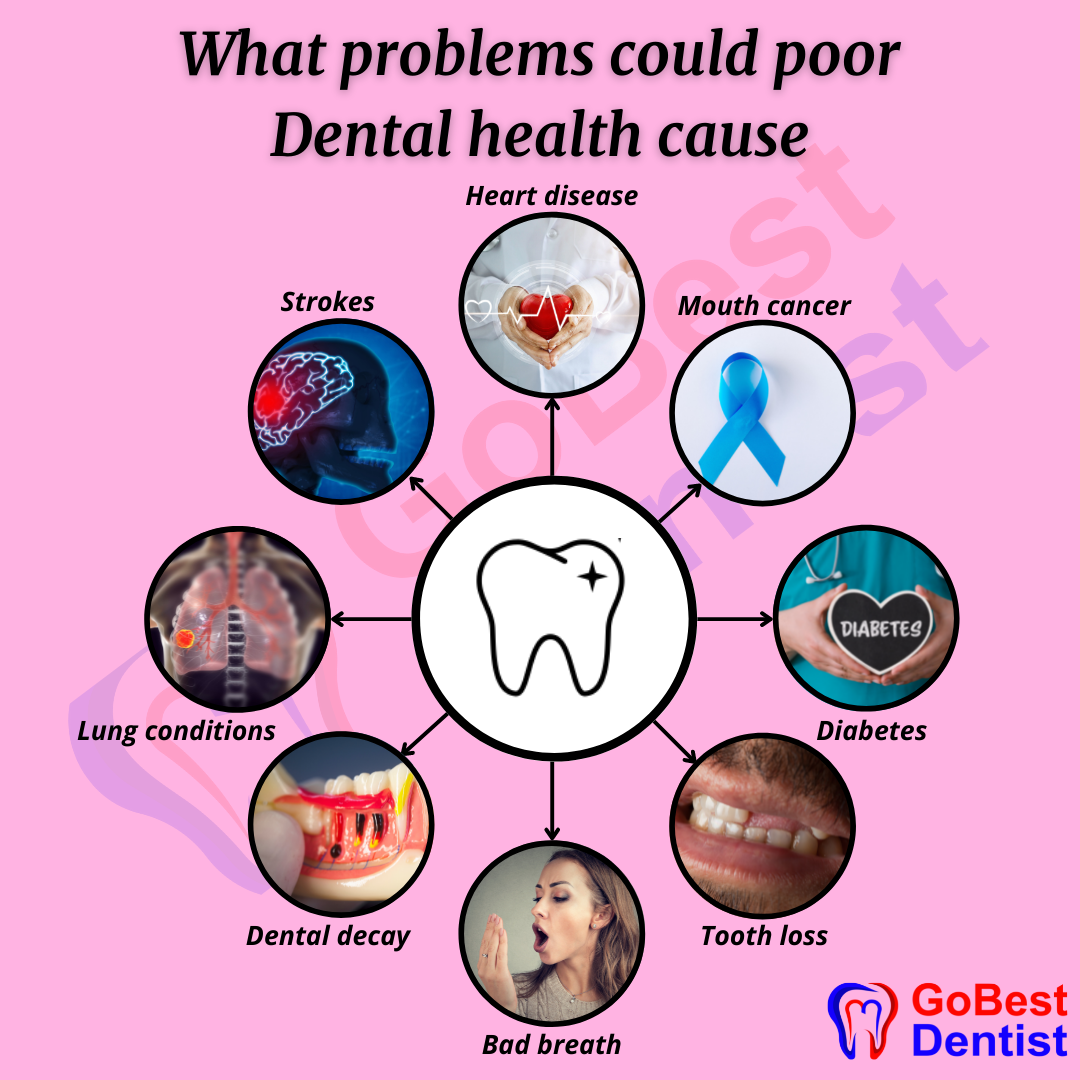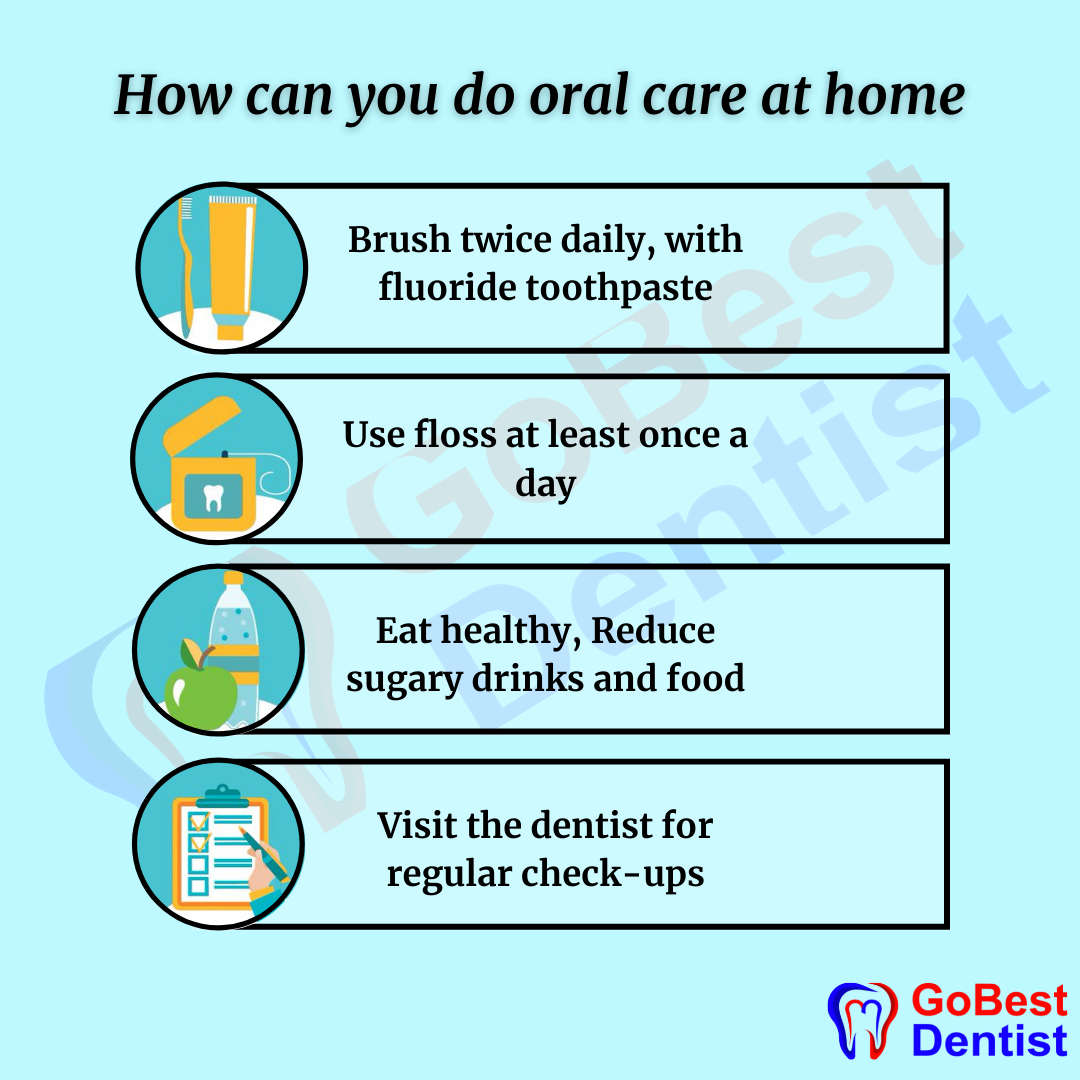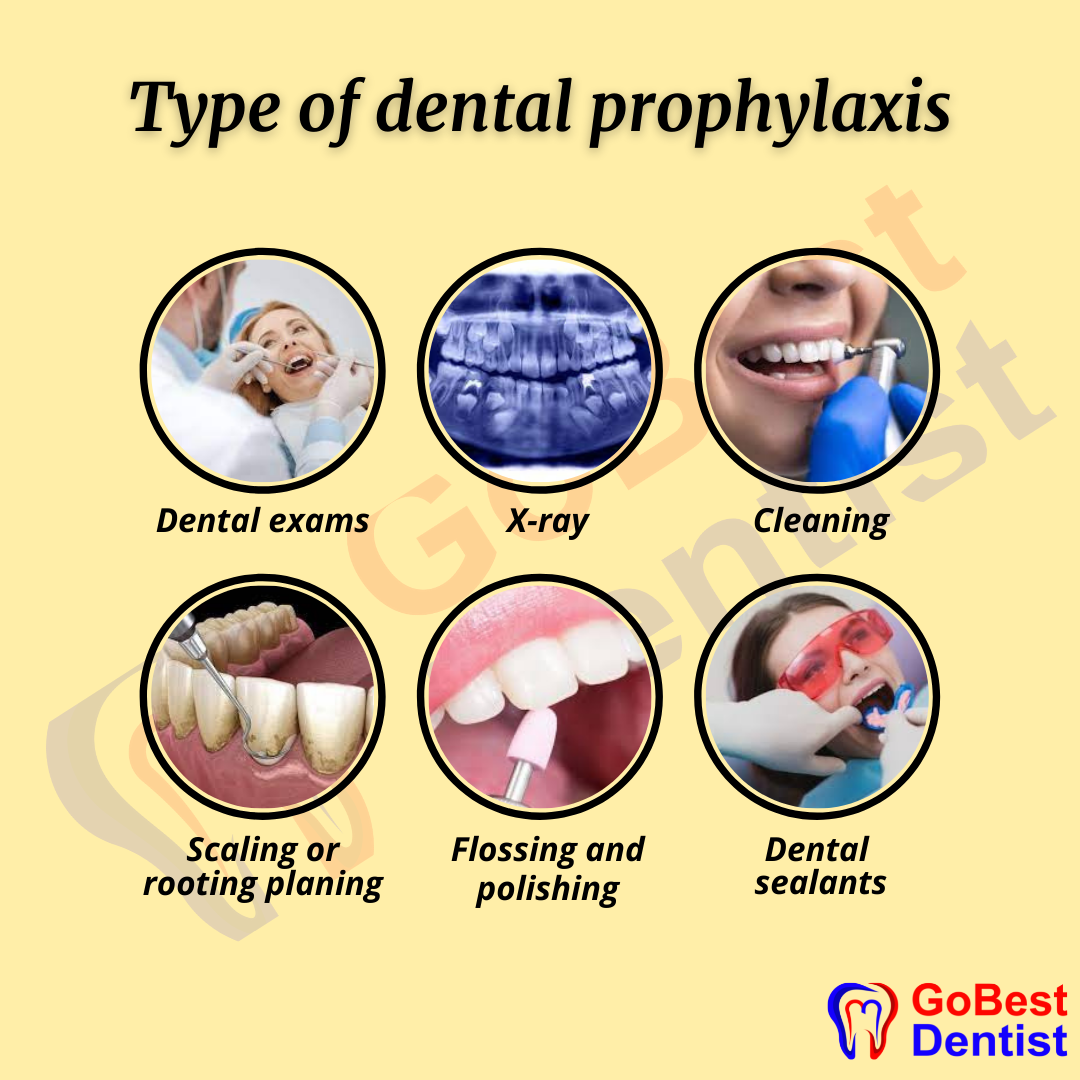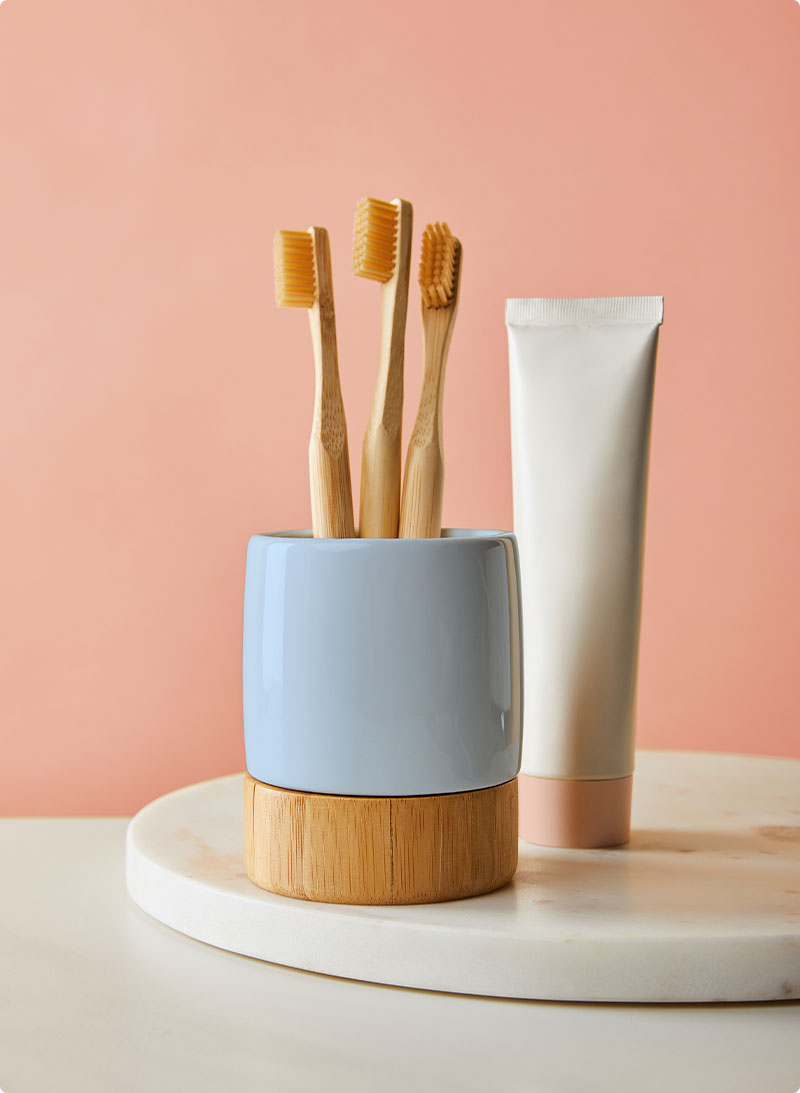DENTAL CARE AND HYGINE
‘Because good dental care is the basic requirement for a healthy oral flora.’

WHY
Why is it essential to take good care of your teeth?
Dental deposits - also known as plaque - disrupt natural oral balance. Therefore, they must be removed regularly and thoroughly. Otherwise there is a risk of tooth decay and inflammation of the gums and the gums. New studies even confirm the link between the condition of the teeth and an increased risk of heart attack, stroke and diabetes.
It has been proven that the state of the oral cavity is half dependent on how correctly and regularly the care of the oral cavity is carried out:
Leftover food contributes to the appearance of soft plaque - a harbinger of caries.
Tartar formed on the surface is one of the causes of gingivitis.
Pathogenic organisms provoke stomatitis - painful small ulcers.
Bacteria release acids that damage the enamel.
At the initial stage, caries passes without symptoms - it can only be detected during preventive examinations. People who visit the dentist, when they no longer have the strength to endure the pain, are often diagnosed with periodontal damage, in many cases it is not possible to save the tooth.
Want to know more about dental hygiene?
BOOK AN APOINTMENTHOW
How can you do oral care at home?
Our experts recommend brushing your teeth in the morning and evening. Our recommendations:
- The brush should be located at an angle of 45 ° relative to the surface of the teeth - the lateral parts are cleaned with sweeping movements from the gum to the edge + circular, chewing - back and forth;
- To remove plaque from the tongue, you must use a special scraper - it is found in some toothbrushes;
- The recommended duration of rinsing your teeth is 2 minutes.
Still confused about proper techniques of oral care? Our experts will be happy to help.
CONTACT US
WHAT
What teeth like to "eat"
Balanced diet in proteins, fats and carbohydrates, vitamins and minerals
“chew-intensive” foods such as apples, carrots and nuts
Increased intake of fibrous foods
More consumption of calcium and vitamin D rich foods
Avoid frequent snacks
Avoid excessive consumption of sweets and muffins.
A pregnant woman should pay more attention to nutrition: the bones of the fetus are formed at 6-8 weeks, and what the expectant mother eats has a direct effect on the baby's teeth.
Looking for best clinic for Dental care and hygiene in Pune?
CONTACT US
HOW
How can professional teeth cleaning help?
Even with all of the above brushing actions, bacteria, tartar, and inflammation can still spread. This is where our dentists has to deal with. Early detection can save you from tooth extraction. With professional teeth cleaning, the teeth are cleaned and cared for intensively with special instruments. This comprises several steps:
- Thorough investigation
- Removal of hard and soft deposits such as tartar and plaque
- Polishing the tooth surfaces
- Fluoridation
- Advice on daily oral hygiene
The result is a radiant smile - and clean, healthy teeth that are not only well cared for, but also look like that.. Our tip for a healthy mouth: Make sure you have regular check-ups and professional teeth cleaning. Ideally twice a year, more often if you have problems with inflammation and oral hygiene. Your teeth will thank you for it - with long health into old age.
Read moreLooking for best dental treatment in Pune?
BOOK AN APPOINTMENTHOW
How is the process of Professional cleaning done?
Stages of professional teeth cleaning:
1. Examination: during this the periodontist dentist determines the parotondologic status, namely:
the presence of supragingival, subgingival dental deposits,
Condition of periodontal tissues.
Before treatment
2. Antiseptic treatment of the patient's oral cavity by a periodontist.
3. Scaling To do this, our dentists uses an ultrasonic scaler - cleaning the teeth with ultrasound. Hand tools can be used that do not damage tooth enamel. If necessary, work with an ultrasound device - ultrasonic cleaning of teeth - can be carried out under local anesthesia.
Read more4. The next stage is air-abrasive polishing.
The next stage of teeth cleaning is the removal of dental plaque, carried out by a sandblasting machine that removes pigmented plaque from the teeth formed from food dyes (coffee, tea, red wine) and nicotine. A jet of aerosol under pressure is directed to the tooth, removing plaque even in hard-to-reach places (fissures, proximal surfaces of teeth).
Read more5. Final polishing of each tooth.
To prevent the formation of new plaque, the cleaned surfaces of the teeth must be polished using rubber cups and pastes, with strict adherence to the order of alternating polishing pastes (from a coarse abrasive to a fine-grained fluoride-containing paste.
Read more6. Coating the teeth with preparations containing calcium and fluoride to strengthen the enamel of the teeth.
Looking for best dental treatment in PimpriChinchwad?
CONTACT USFrequently Asked Questions



